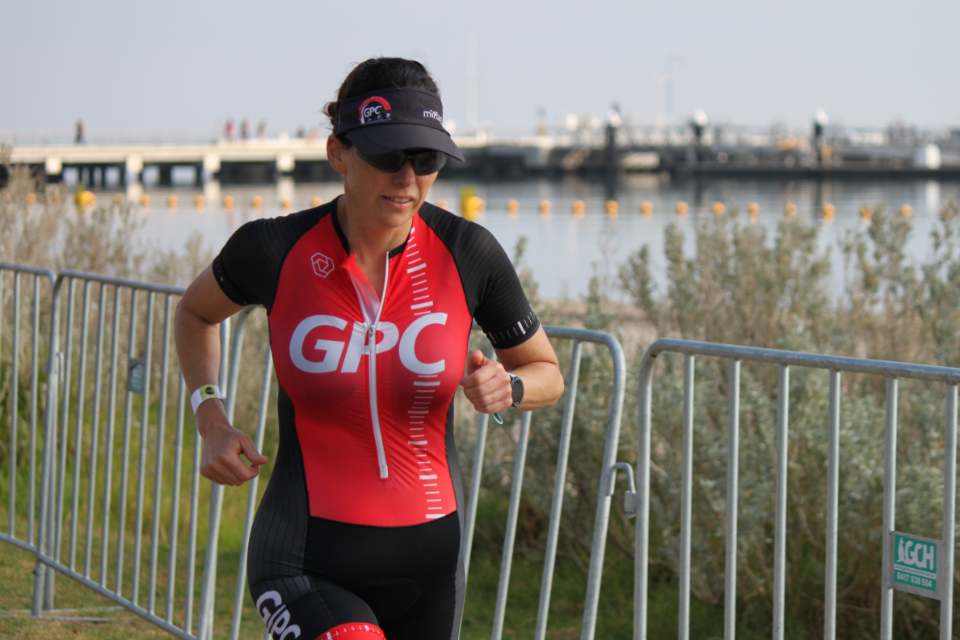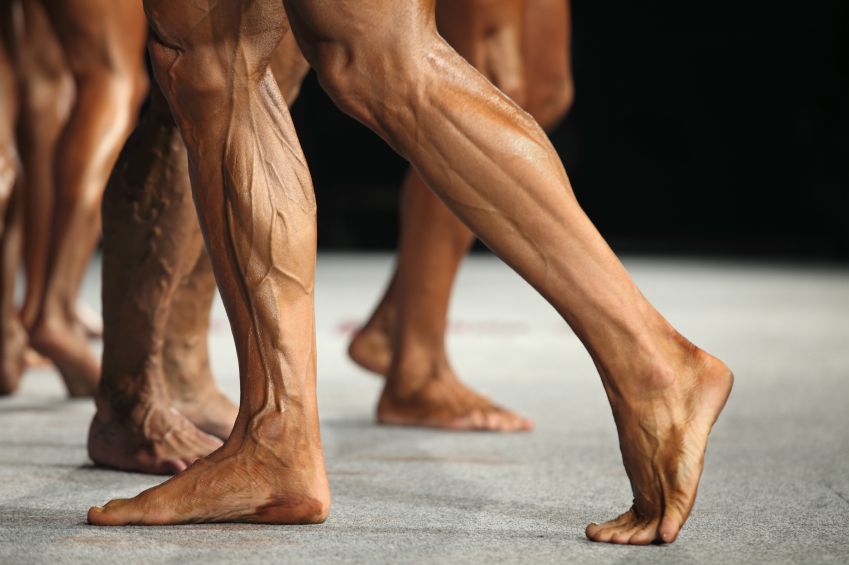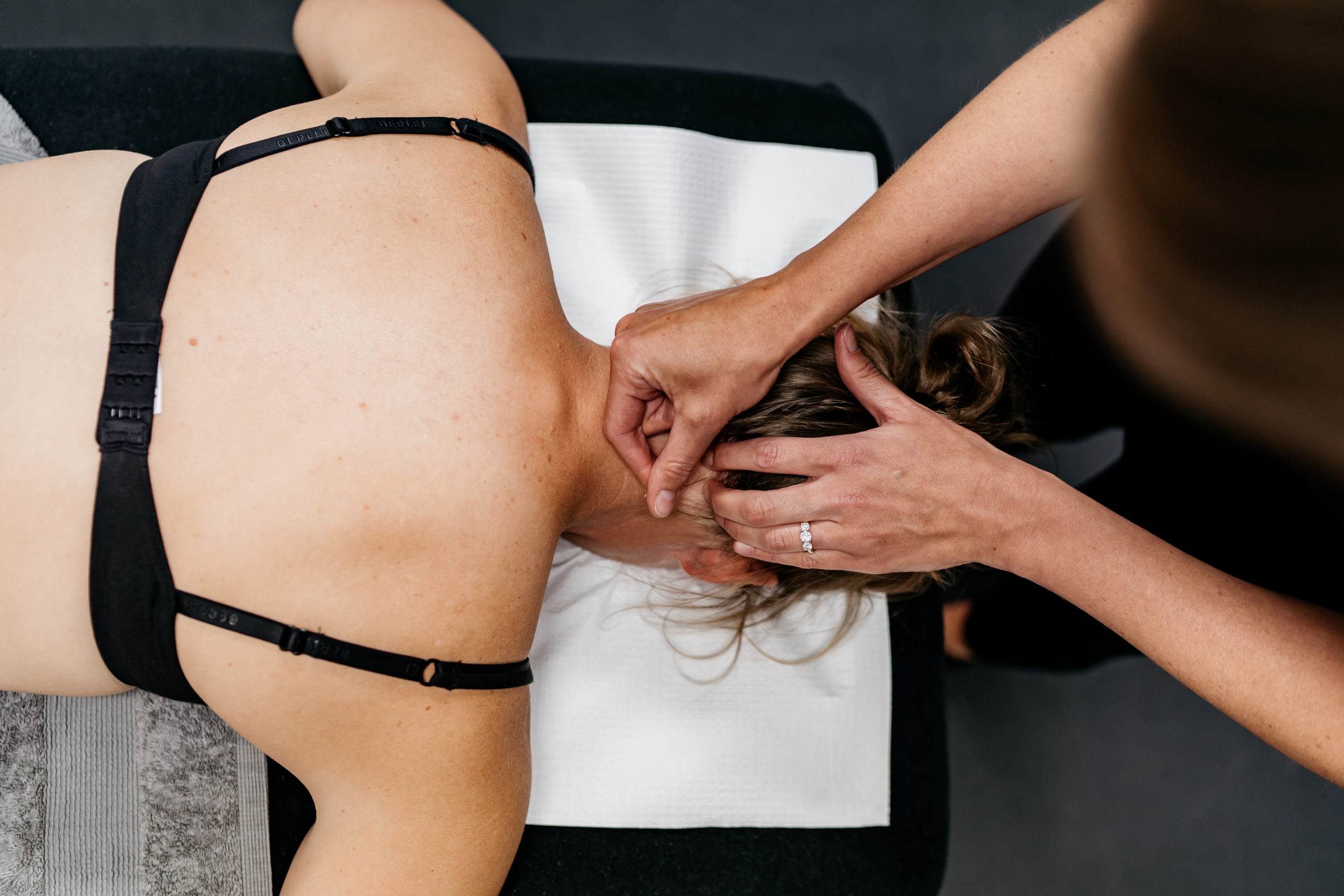Winter Hibernation or Winter Training?
What’s your goal next season?
The end of the season is fast approaching. The final local Victorian races wrapping up on the 14th of April. Each year, we see the same thing happening, some of our coached athletes go into hibernation and disappear for a few months. They need a long break to mentally recharge and come back stronger, but they never do.
Winter Hibernation
Loose Endurance Base
You need to allow some time to recover. Stopping completely will mean you lose some or all of the endurance base you have built over the summer and previous season. The older you are, the harder this is to get back to the same level of fitness. Allowing enough time to add to your endurance base will ensure you can compete in races prior to Christmas with less pressure & stress in your preparations.
Slow Metabolic Rate
Reducing your exercise will slow your metabolic rate meaning you gain weight easier. A little weight gain is fine over the winter months (especially in Victoria), but the extra weight is especially hard to lose as you age.
Increase Risk of Illness & Injury
Soft tissue (muscles, ligaments & tendons) respond well to consistent loading. Any reduction or spikes in load/training will increase your risk of injury. A sudden drop off in training will often require in a quicker build or risk-taking with training for the next season. This will dramatically increase load & stress on tissues, resulting in injury and illness further delaying reaching peak fitness.
Mental Health
Regular activity supports the immune system & mental health. Training releases endorphins (happy hormones) in your body & provides opportunities for social interactions with the training group. The key is to find a balance especially in winter months where racing is not a priority.
Winter Training
At GPC Squad we recommend staying on program year round where possible. We value the relationships we build between athlete & coach. These are further developed by working with & monitoring an athlete through all their phases of training (periodisation-endurance-training).
Your coach will:
- Manage your training phases to ensure peak fitness for goal races
- Help avoid mistakes made when training yourself
- Advise on dealing with winter training issues such as motivation, reduction in fitness, illness etc.
- Focus on areas of improvement from last season
- Plan & support you for next season’s goals
You might think that we want our athletes to stay on program for financial reasons but it has very little to do with that. We take pride in helping athletes and seeing them improve. We are devastated when an athlete is injured due to a poor training decision made on their own. We are frustrated when athletes build up a great level of fitness, only to let it go back almost to square one, having to rebuild again.
Winter training is perfect for:
- Building your aerobic endurance base
- Strengthening your body to withstand the stress of a full season of racing
- Working on weaknesses
- Exploring new ways of training eg. mountain biking, cycle races, cross country/trail running
Don’t disappear because the weather gets cold. Buy the appropriate clothing and keep training (no-such-thing-as-bad-weather-just-bad-clothing-choices & keep-your-feet-hands-and-legs-warm-in-the-winter-tri-training ). Triathlon is a lifestyle, a hobby and promotes healthy living (immune-system-support).









